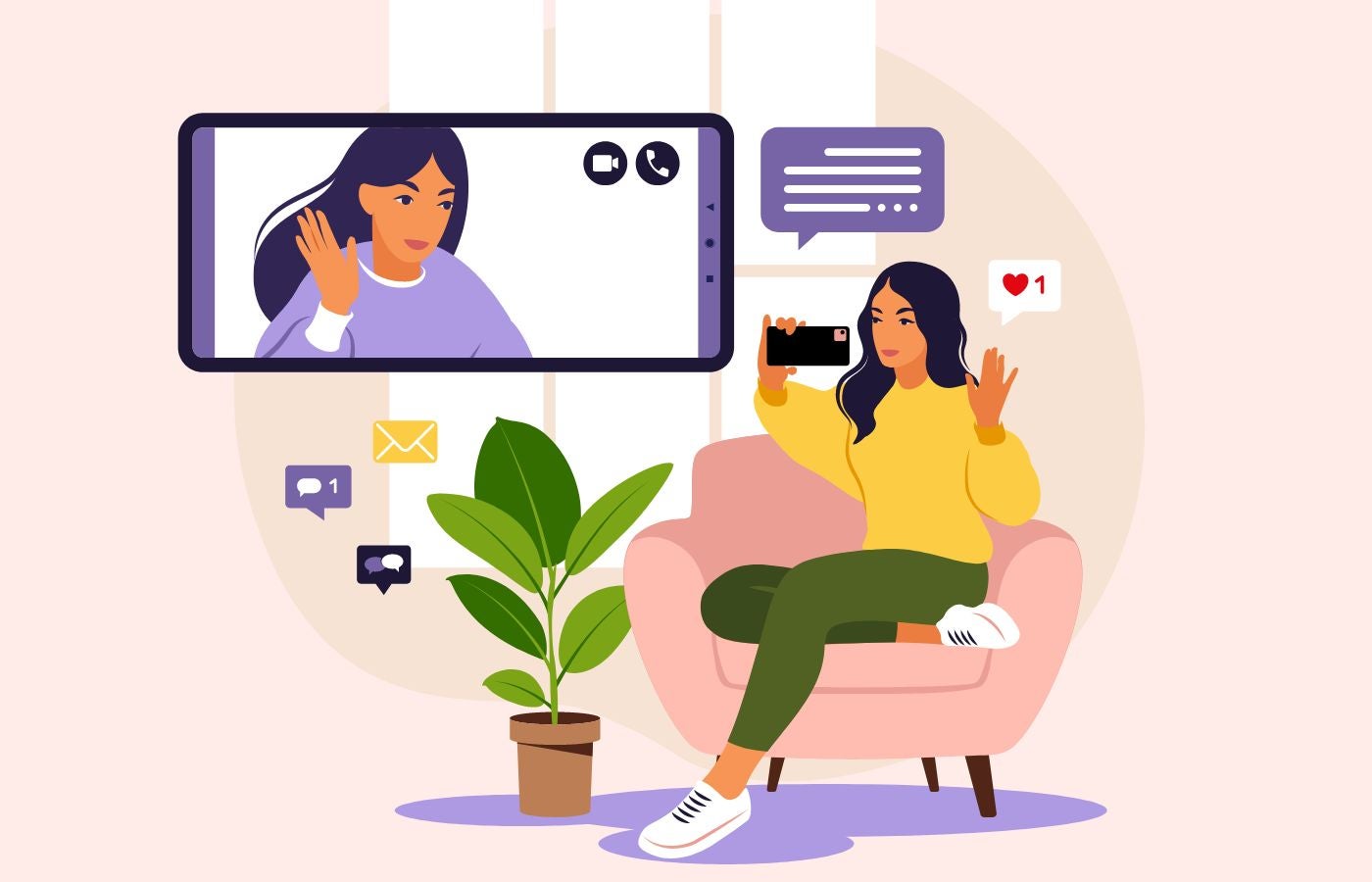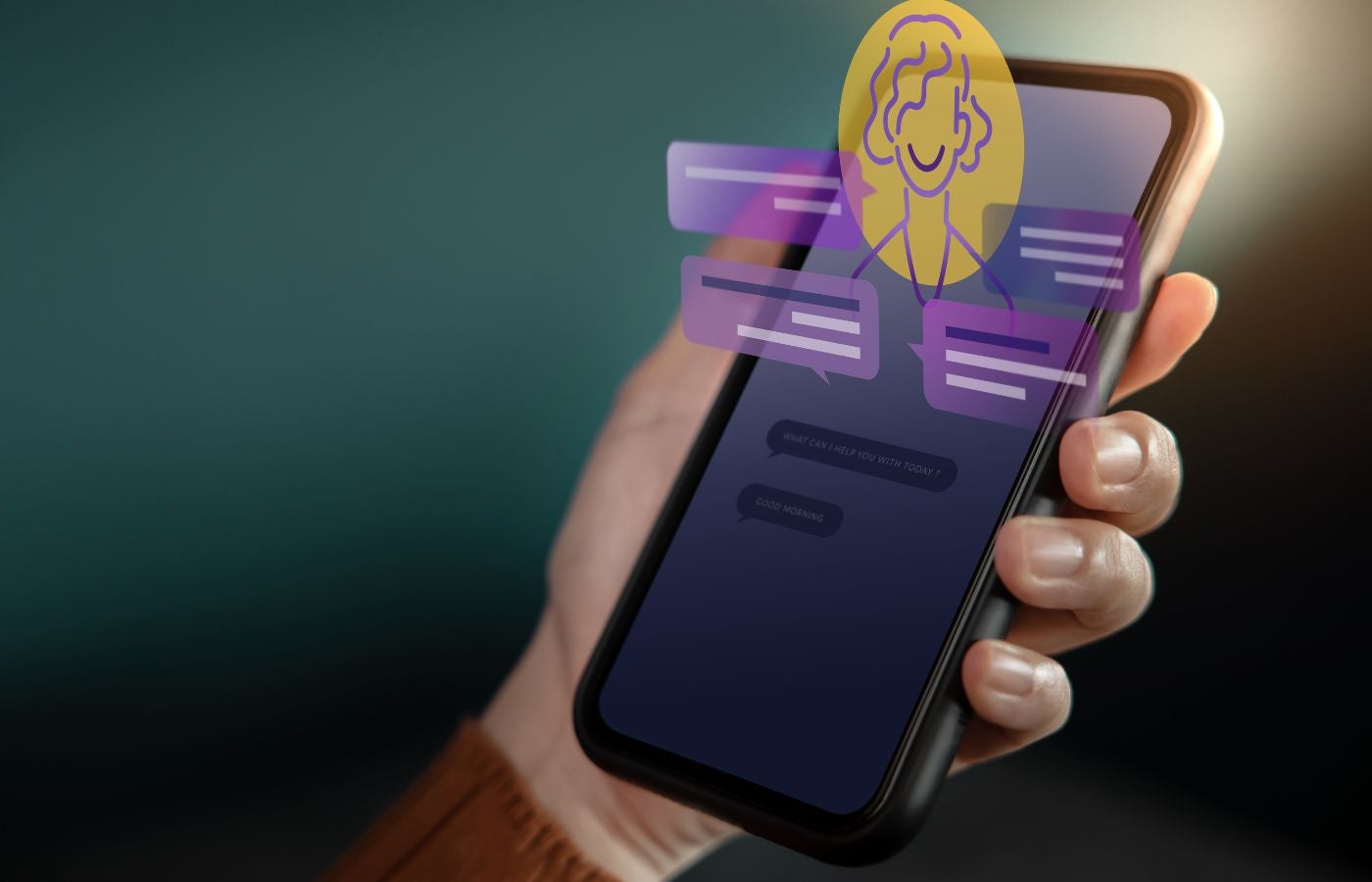
With the increasing prevalence of technology in our daily lives, more and more people are turning to the internet for help with their mental health. Many new, innovative forms of online therapy in Australia are making it easier for people to access the support they need, when they need it, regardless of where they live or their schedule.
In this article, My Mirror takes a deeper look into what online therapy actually is, the benefits it can offer patients, as well as the technological advancements that are set to revolutionise the industry.
What is Online Therapy?

Online therapy refers to all mental health services delivered via the internet, typically through video conferencing, phone calls, or instant messaging capabilities. It offers access to treatment from any location across the world with a stable internet connection, proving far more convenient and accessible than in-person sessions.
Registered psychologists conduct these online counselling, utilising their extensive and specialised training to help their patients with a wide range of mental health issues, such as anxiety, depression, and stress.
What Methods are Being Used via Online Therapy?
Cognitive Behavioural Therapy Online

Cognitive Behavioural Therapy (CBT) is a common form of talk therapy aiming to change negative patterns of thinking, feeling, and behaving. CBT is based on the idea that each aspect of our lives is deeply interconnected and that changing one can positively affect others.
With Cognitive Behavioural Therapy conducted via online sessions, a psychologist will work with you over a series of appointments to identify and challenge your negative thoughts, while introducing new coping strategies and ways of thinking.
In fact, a recent study found Cognitive Behavioural Therapy Online to be an effective and cost-friendly treatment for a range of psychiatric disorders, including:
- Social anxiety
- GAD
- Depression
- Panic disorders
- Phobias
- Addiction & substance abuse
- Bipolar disorder
- OCD
- And more
These results were found to be especially effective in areas with a lack of available healthcare.
Dialectical Behaviour Therapy
Dialectical Behaviour Therapy (DBT) is a particular form of CBT designed to help those struggling with regulating their emotions and behaviours. A psychologist will suggest DBT to teach their patients specific skills to combat this, such as mindfulness, emotional regulation, and interpersonal effectiveness. Naturally, these strategies can be taught and practised in an online setting.
For example, during the COVID-19 pandemic, a study was put in place to measure the experience and efficacy of Australians and New Zealanders using DBT online & telehealth services. The evidence suggests that these telehealth platforms enhance the reach of this method, as long as clinicians and organisations have the appropriate resources.
Family Therapy

Family therapy involves treating your entire family as a unit, rather than just addressing your needs as an individual. The process helps with a wide range of issues, such as communication problems, relationship issues, and even mental health conditions.
Online family therapy typically involves a psychologist working with the family over a series of video conferencing sessions, helping each member to communicate more effectively, understand and support each other, and develop new coping strategies for managing difficult situations.
Given how spread-out families can be, as well as bound by their busy schedules, online family therapy can bring people in different geographical locations together at times that are most convenient to them.
How is Online Therapy Already Improving Upon Face-to-Face Appointments?
Increased Accessibility
Online therapy ensures that the mental health services you need are more accessible, especially when access to in-person therapy isn’t an option. Those benefitting most from these platforms include remote or rural communities, people with mobility issues, and anyone finding it difficult to take time off work or their other responsibilities to find a psychologist near them.
Online therapy can also be more accessible for people with disabilities or special needs, as it allows for greater flexibility in terms of how therapy is delivered.
Greater Affordability
Online therapy sessions are usually less expensive than in-person sessions, too, as they do not require the same overhead costs, such as office rent and utilities. There are other additional savings to be found, such as with My Mirror, as we offer Medicare rebates and bulk-billing psychologists (for those who meet certain criteria).
Added Convenience

Online therapy allows you to receive therapy from home, work, school, or any other location with some privacy and secure internet access. This freedom eliminates the previous need to travel between face-to-face therapy sessions, saving a great deal of time (and money).
Moreover, online therapy clients can schedule sessions at a time that works best for them, making it more convenient for people with busy schedules.
Ultimate Privacy
Patients regularly state they feel more comfortable talking about sensitive or personal issues in the privacy of their own homes via online therapy, rather than in a therapist's office. Online counselling sessions can also be recorded or recapped through logs, which can be helpful for patients who want to review the advice offered at a later time via an encrypted platform.
How Will Online Therapy Evolve with New Technology?
Augmented Reality & Virtual Reality

Augmented reality (AR) and virtual reality (VR) are becoming increasingly popular in many industries, and the mental health field is no exception. These technologies have the potential to create immersive, interactive environments that help patients better understand and cope with their fears and mental health concerns.
For example, a psychologist could create a VR setting that simulates a traumatic or triggering event from someone’s past, allowing them to work through their feelings and reactions in a safe and controlled environment.
Similarly, AR can be used to create virtual environments that help patients practice their social skills or overcome phobias.
Virtual Smart Assistants

While we may now use devices like Google Nest & Alexa to add items to a shopping list, these virtual smart assistants are becoming more advanced and can now be used to provide online therapy support.
Using artificial intelligence (AI) and natural language processing (NLP), virtual assistants can understand and respond to a user’s needs, providing access to tailored mental health resources and monitoring their symptoms. In the future, virtual smart assistants could be integrated into other forms of therapy, such as CBT, to offer users a more personalised experience.
AI Chatbots

AI chatbots are already being used in online therapy to provide clients with timely support and information. These chatbots use AI programming to understand and respond to your questions and concerns, pre-programmed to deliver specific information and resources upon request, such as self-help exercises or coping strategies.
With further development, AI chatbots could be used to help patients identify patterns in their behaviour and provide more targeted therapy solutions.
Get Started with Online Therapy in Australia with My Mirror
If you are ready to explore the potential benefits of online therapy, you can schedule your session with a psychologist now.
References:
Kumar V, Sattar Y, Bseiso A, Khan S, Rutkofsky IH. The Effectiveness of Internet-Based Cognitive Behavioral Therapy in Treatment of Psychiatric Disorders. Cureus. 2017;9(8):e1626. Published 2017 Aug 29. doi:10.7759/cureus.1626
Cooney EB, Walton CJ, Gonzalez S (2022) Getting DBT online down under: The experience of Australian and New Zealand Dialectical Behaviour Therapy programmes during the Covid-19 pandemic. PLOS ONE 17(10): e0275636. https://doi.org/10.1371/journal.pone.0275636
